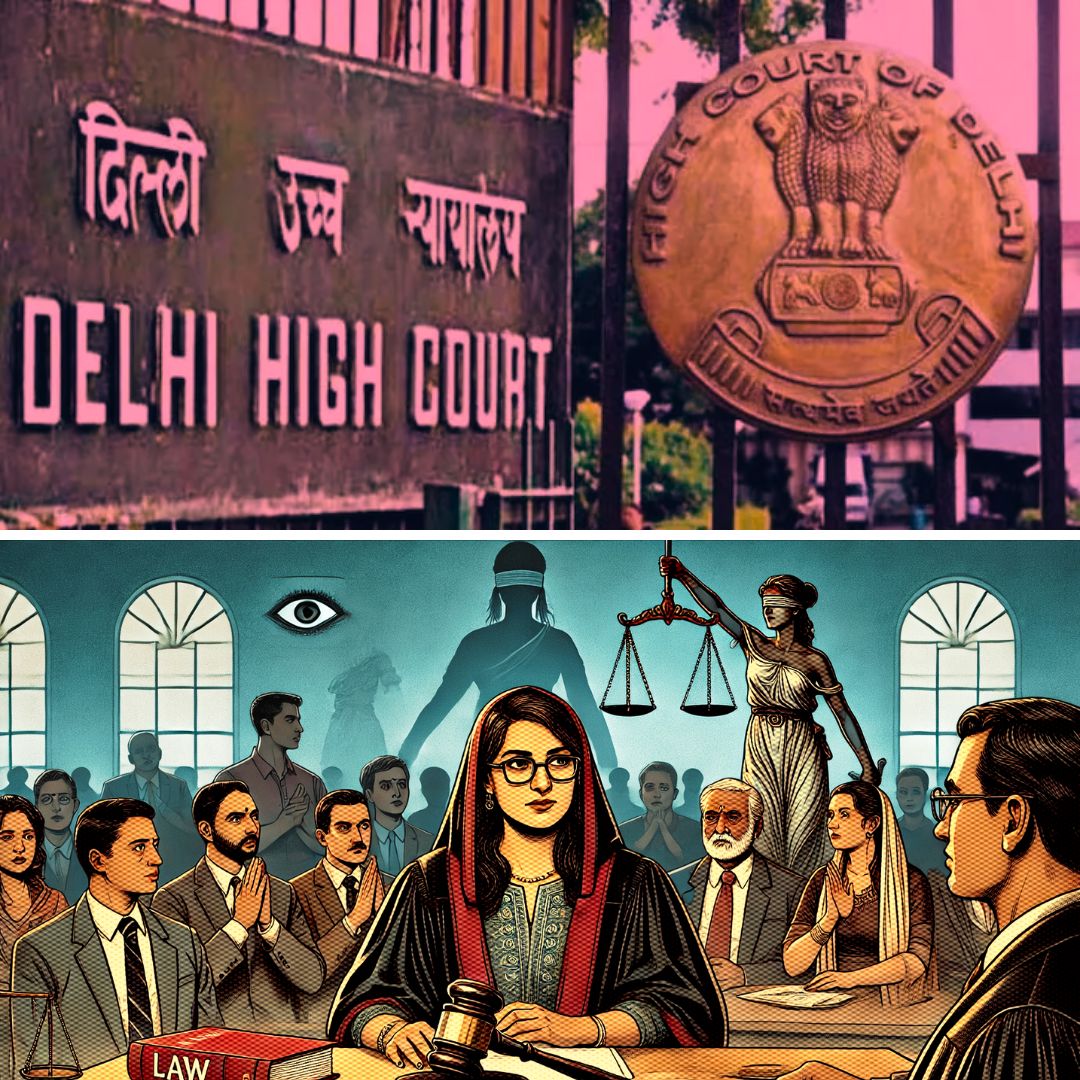The Delhi High Court has acquitted a man who was sentenced to life imprisonment under the Protection of Children from Sexual Offences (POCSO) Act, ruling that the phrase “physical relations” used by the minor survivor does not automatically imply sexual assault. The bench, consisting of Justices Prathiba M Singh and Amit Sharma, found that the trial court had insufficient evidence to conclude that sexual assault occurred, particularly as the survivor had voluntarily accompanied the accused. This decision has ignited discussions about the nuances of consent and legal definitions in cases of sexual violence.
Judicial Ruling and Implications
In a significant ruling delivered on December 23, 2024, the Delhi High Court overturned the conviction of a man previously accused of kidnapping and sexual assault under various sections of the Indian Penal Code (IPC) and POCSO Act. The court’s decision was based on its interpretation of the term “physical relations,” which it asserted should not be automatically equated with sexual assault without clear evidence.
The judges pointed out that the trial court’s conclusions were drawn from ambiguous language rather than definitive proof. They stated, “The phrase ‘physical relations’ cannot be converted automatically into sexual intercourse let alone sexual assault,” highlighting the necessity for precise legal terminology in cases involving allegations of sexual violence. This ruling not only impacts the accused but also raises broader questions about how courts interpret consent and what constitutes evidence in such sensitive matters.
Background of the Case
The case began in March 2017 when a mother filed a complaint alleging that her 14-year-old daughter had been lured away by the accused. The girl was later located with him, and during police questioning, she described their relationship as consensual. Despite her testimony indicating mutual agreement, authorities pursued charges based on her age, arguing that consent was irrelevant under POCSO provisions designed to protect minors from exploitation.
In March 2024, the trial court convicted the accused and sentenced him to life imprisonment, asserting that his actions constituted sexual assault. However, this conviction was contested in the High Court, leading to a thorough examination of both the facts and legal definitions surrounding consent and physical relations.
The Logical Indian’s Perspective
This ruling raises important discussions about how legal systems address complex issues such as consent and sexual relations, particularly when minors are involved. Protecting young individuals from exploitation and abuse remains a critical priority, while ensuring that legal definitions are precise and grounded in evidence to avoid wrongful convictions. Striking a balance between justice and clarity in sensitive matters like consent and sexual violence is essential.
As these challenges persist, how can legal frameworks evolve to protect survivors while minimizing the potential for misinterpretation? This is an ongoing conversation, inviting perspectives on building a fair and empathetic legal system for all.










